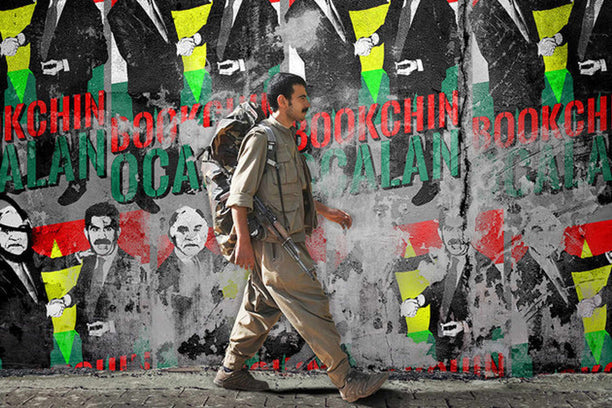
Blog
Posts tagged: revolution
-
 Victor Cartan considers the work of Frédéric Lordon and Murray Bookchin together in this essay.
Victor Cartan considers the work of Frédéric Lordon and Murray Bookchin together in this essay. -

Love in revolution
Love does not exist in a vacuum. In post-Apartheid South Africa, the tensions between radical solidarity and quiet diligency stand to rupture even the purest human connections.
-
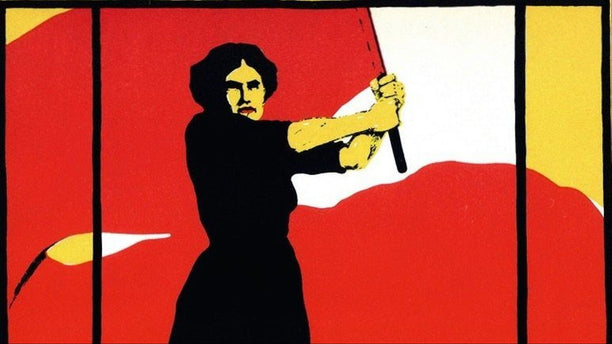
"Get up, Arthur, today is revolution!!"
It is often overlooked that the insurrectionary demonstrations in Germany's November 1918 Revolution were largely made up of women who worked in the munitions factories or the home (and often both). Cläre Casper-Derfert was a factory worker and the only woman of the Revolutionary Stewards. This is her account of the November Revolution.
-
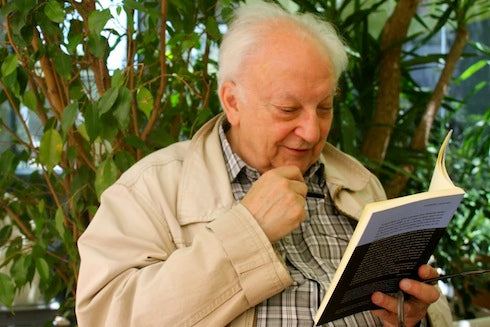
Étienne Balibar: ‘We are not equal in terms of either the risk or the measures taken against it.’
The COVID-19 pandemic is forcing the state to remake itself through, among other things, monetary police and public services. In this important interview, Etienne Balibar reflects on democracy, revolution, and neoliberal capitalism in the Coronavirus era.
-
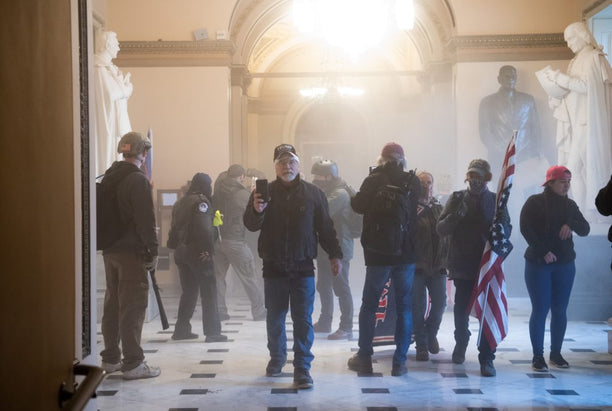
Good news at last!
Alain Brossat and Alain Naze argues that every revolution involves storming the places of power. Surely, the insurrection by the alt-right on January 6th should not cause crocodile tears on the part of those who seek radical change?
-
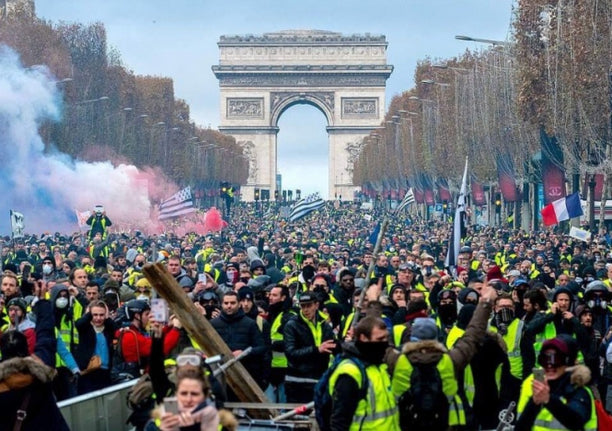
‘Only democracy can allow us to accept the lack of control over our history’
Jean-Luc Nancy and Jean-François Bouthors on the revolutionary potential of the pandemic
-
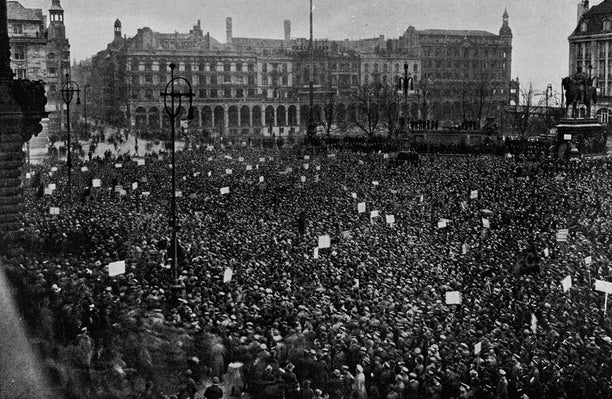
Wolfgang Fernbach and the “Spartacus uprising”
This January is the centenary of the Spartacus Uprising in Germany. The most famous victims of the wave of repression that followed were Rosa Luxemburg and Karl Liebknecht, but one of the first victims of the counter-revolutionary violence was Wolfgang Fernbach. In this article, his grandson David Fernbach discusses his life and legacy.
-
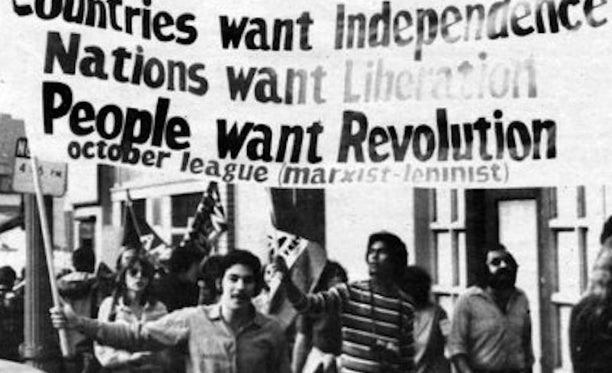
Marxism’s Living Soul?: A Reply to Paul Saba
The main reason to look back at the history of the New Communist Movement is to glean any lessons that can be useful for rebuilding a revolutionary left under today’s dramatically changed conditions.
-
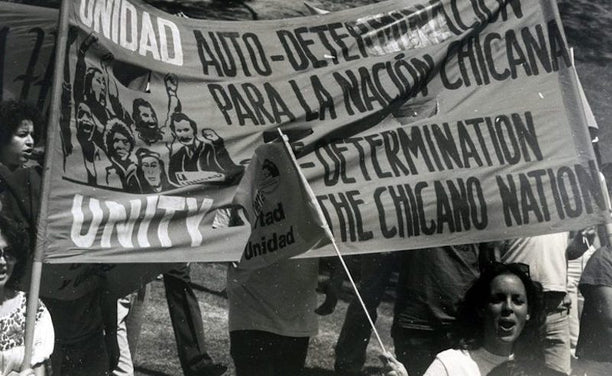
Lessons from One Left to the Next: Revolution in the Air Reissued
Max Elbaum wrote Revolution in the Air in 2001 to reclaim the lessons of the New Communist Movement for militants who, like their early sixties’ predecessors, became activists when the radical left was fragmented and weak. How relevant is this history and the lessons he draws for us now, in this new period of left upsurge?
-
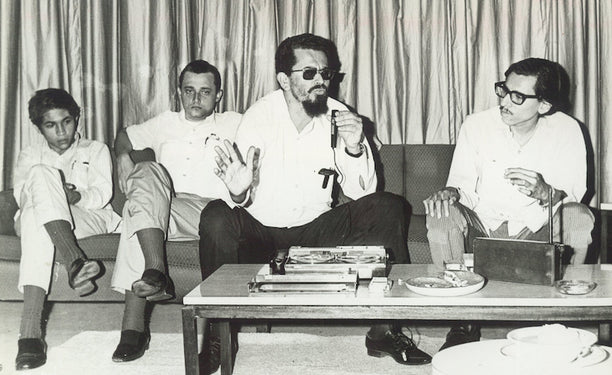
A Turning Point for the Sandinistas: Nicaragua’s 1968
In 1968, Carlos Fonseca and the FSLN adopted a new strategic approach, laying the groundwork for the 1979 revolution.
-
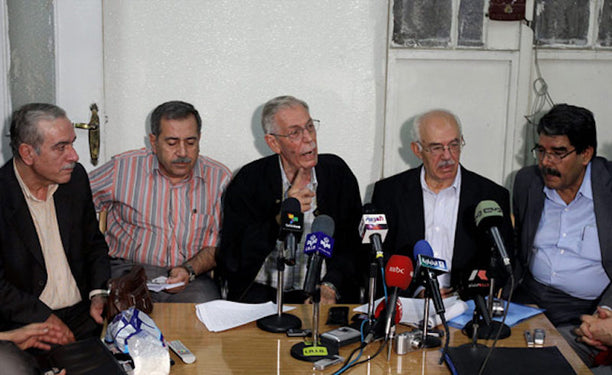
The Left in Syria: From Democratic National Change to Devastation
Syrian writer Thaer A. Deeb chronicles the miscalculations that have prevented the Syrian left from playing a decisive role in the uprising that began in 2011.
-
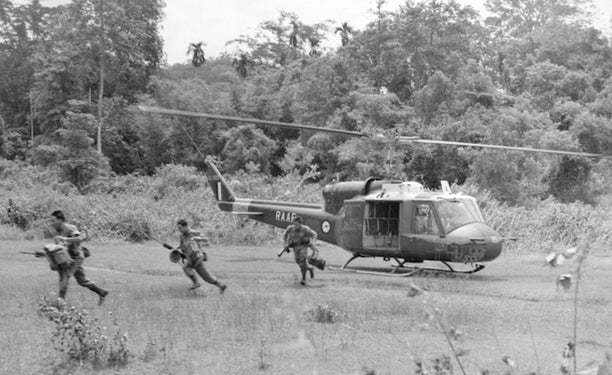
Malaysia’s “Second Emergency” (1968–89)
The upsurge of armed struggle in Malaysia represents one of the lesser noticed repercussions of the 1968 developments in Vietnam and China.










